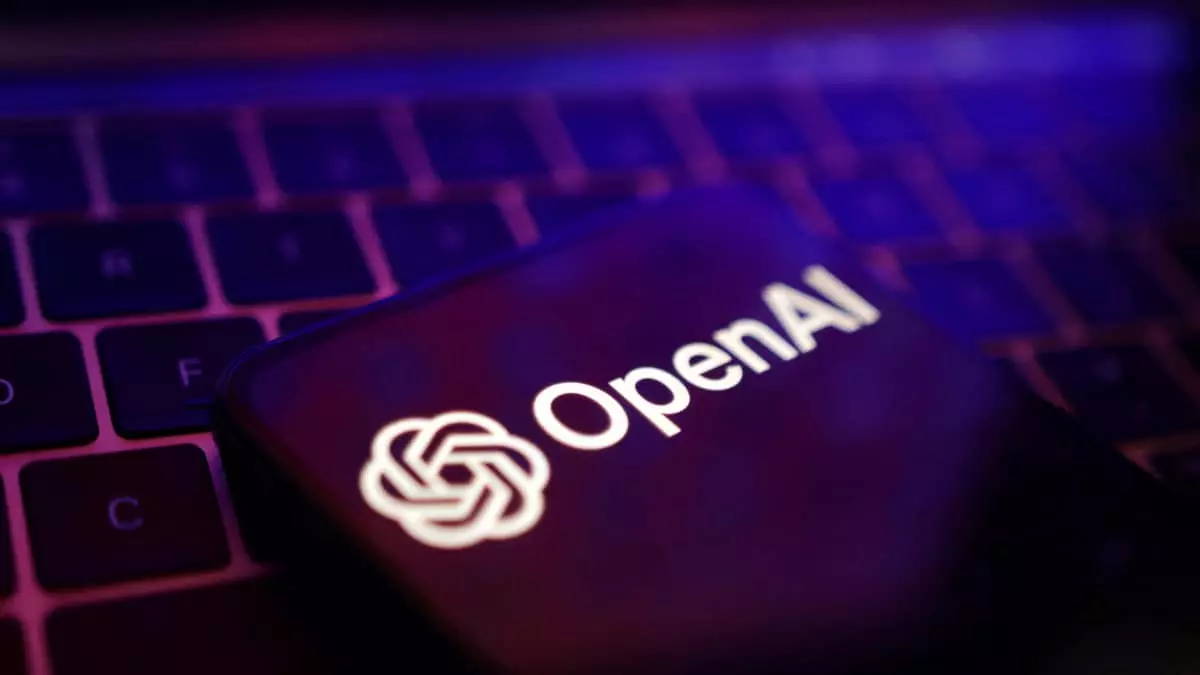In a notable legal development, five prominent Canadian news organizations, including Torstar, Postmedia, The Globe and Mail, The Canadian Press, and CBC/Radio-Canada, have initiated a lawsuit against OpenAI, the parent company of ChatGPT. This action, filed on a recent Friday, encapsulates a growing concern among content creators regarding artificial intelligence systems improperly utilizing proprietary material. The groups argue that OpenAI is routinely breaching copyright laws and violating online terms of use in the development of its AI technologies.
This lawsuit is part of a broader trend where various stakeholders, including authors, artists, and music publishers, are challenging tech companies about the data they use to train generative AI systems. The Canadian media companies assert that OpenAI has engaged in unauthorized data scraping, collecting vast amounts of journalistic content to bolster its AI capabilities while neglecting to obtain consent or provide compensation to the original content owners. This situation raises critical questions about intellectual property rights in the digital age and the ethical implications of using someone else’s work as training data for AI.
The plaintiffs have made specific legal demands within an 84-page statement submitted to Ontario’s superior court of justice. They are seeking financial damages and a permanent injunction that would prohibit OpenAI from using their content without proper authorization. The lawsuit accuses OpenAI of “brazenly misappropriating” the media companies’ intellectual property for commercial gain at their expense. The plaintiffs maintain that they have never received any form of compensation or acknowledgment from OpenAI, underscoring a perceived lack of respect for content ownership.
In its defense, OpenAI argues that its models are built on data that is publicly accessible and aligned with fair use principles established under international copyright law. A spokesperson for OpenAI reiterated their commitment to collaborating with news publishers by offering mechanisms for content attribution, display, and links to articles within the ChatGPT interface. This highlights the tension between AI’s need for data and the rights of content creators as the line between inspiration and infringement becomes increasingly blurred.
The legal battle initiated by the Canadian media companies reflects a larger contention around the intersection of technology and intellectual property. The decision from a New York federal judge, who recently dismissed a lawsuit against OpenAI concerning similar claims by publishers Raw Story and AlterNet, indicates that the judiciary is still evolving in its understanding of these complex cases. Additionally, recent actions by billionaire Elon Musk, extending his lawsuit against OpenAI to include Microsoft, raise further questions about the competitive dynamics within the AI sphere and the implications for market monopolization.
As AI continues to evolve and permeate various sectors, the case against OpenAI may serve as a watershed moment for content creators seeking to protect their rights. The ongoing legal discussions around copyright, content usage, and AI’s operational frameworks will undoubtedly shape the future landscape of digital media. Journalists and content creators will need to remain vigilant in advocating for their rights as they navigate this uncharted territory where innovation and intellectual property intersect.


Leave a Reply